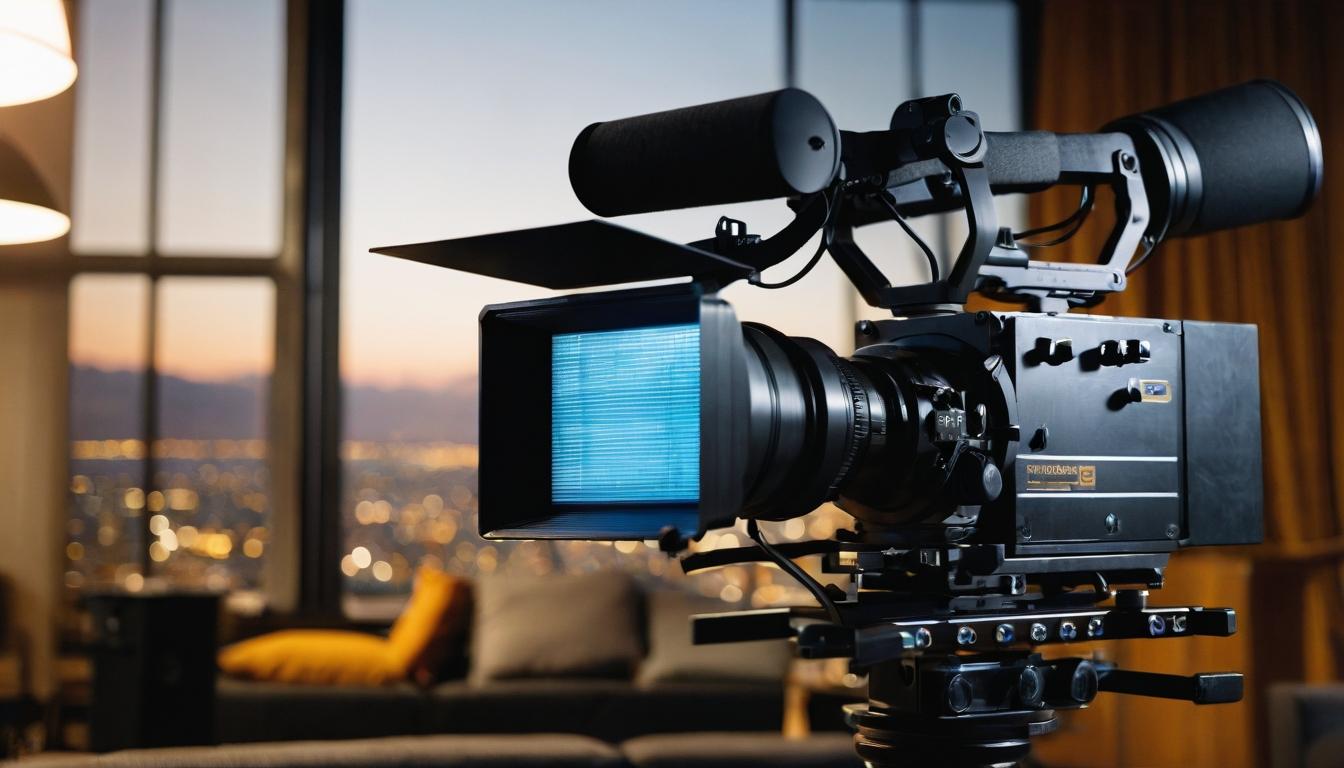In the dimly lit corners of recording studios, far from the red carpets and flashing cameras, a quiet revolution is taking place. Film composers, once relegated to the background of cinematic creation, are now emerging as the architects of emotional storytelling. Their work transcends mere background music—it has become the invisible character that guides audiences through every twist and turn of modern filmmaking.
The evolution of film scoring has been nothing short of remarkable. From the sweeping orchestral themes of Hollywood's golden age to the electronic experimentation of today's indie darlings, composers have continuously pushed the boundaries of what music can achieve in visual storytelling. What began as simple accompaniment has transformed into a sophisticated language of its own, capable of conveying subtext, foreshadowing events, and revealing character depths that dialogue alone cannot capture.
Contemporary composers like Hildur Guðnadóttir, Ludwig Göransson, and Nicholas Britell aren't just writing music—they're building sonic worlds. Their approach involves deep collaboration with directors from the earliest stages of production, often working with rough cuts and sometimes even scripts to develop thematic material that grows organically with the film itself. This integrated approach has blurred the lines between sound design and traditional scoring, creating immersive auditory experiences that defy conventional categorization.
The tools of the trade have undergone radical transformation. While traditional orchestral recording remains a staple, modern composers wield an arsenal of digital instruments, field recordings, and experimental techniques. Some have been known to record the sounds of icebergs calving, industrial machinery, or even human bones to create unique textures that give their scores distinctive character. This sonic experimentation reflects a broader trend in cinema toward more personalized, auteur-driven soundscapes.
Streaming platforms have unexpectedly become powerful allies for film music. Services like Spotify and Apple Music have given soundtrack albums unprecedented visibility, allowing listeners to engage with film music as standalone art. This has created new revenue streams for composers and introduced their work to audiences who might never have sought out soundtrack recordings in the past. The result is a growing appreciation for the craft and its practitioners.
Despite these advances, the industry faces significant challenges. Tight production schedules, budget constraints, and the increasing use of temp tracks (placeholder music used during editing) can limit creative freedom. Many composers speak of the 'temp love' phenomenon, where directors become attached to temporary music, making it difficult to introduce original compositions that might better serve the film.
The gender gap in film composing remains stark, though there are signs of progress. Organizations like the Alliance for Women Film Composers are working to increase visibility and opportunities for female composers, while festivals and awards shows are making conscious efforts to recognize diverse talent. The success of composers like Hildur Guðnadóttir, who won an Oscar for her work on 'Joker,' has helped challenge longstanding industry biases.
Technology continues to reshape the landscape in unexpected ways. Artificial intelligence has begun to creep into the composing process, not as replacement for human creativity but as a collaborative tool. Some composers use AI to generate thematic variations or explore harmonic possibilities, while others employ machine learning to analyze emotional arcs in scripts and suggest musical approaches. The ethical implications of these developments remain hotly debated within the community.
Film music education has evolved to meet these changing demands. Universities now offer specialized programs that combine traditional composition training with courses in technology, business, and film studies. The most successful composers today aren't just masters of melody and harmony—they're savvy entrepreneurs who understand the business side of the industry and can navigate complex legal and financial landscapes.
The future of film scoring looks both exciting and uncertain. As virtual production techniques become more prevalent and formats like VR and interactive storytelling gain traction, composers will need to develop new approaches to spatial audio and non-linear composition. Those who can adapt to these changes while maintaining the emotional core of their work will likely define the next era of cinematic sound.
What remains constant is the power of music to elevate visual storytelling. Whether through a subtle piano motif that reveals a character's hidden vulnerability or a thunderous percussion section that drives the climax of an action sequence, film composers continue to prove that their art is essential to the magic of cinema. Their work operates on a subconscious level, weaving itself into our memories of films and often outlasting the visual images themselves in our cultural consciousness.
The unsung heroes: how film composers are reshaping modern cinema

